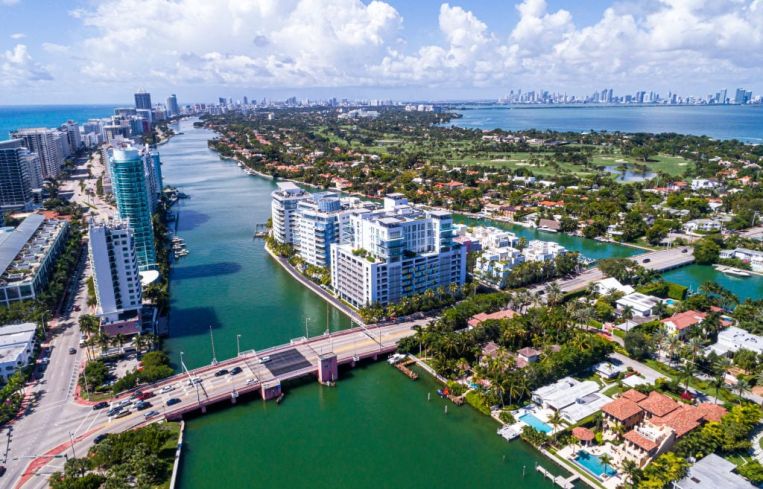Florida Bill Seeks to Strengthen Condo Laws After Building Collapse
By Julia Echikson February 16, 2022 5:02 pm
reprints
A proposed Florida law seeks to beef up condominium regulations across the state in the aftermath of the building collapse in Surfside, Fla. that killed 98 last June.
The House bill mirrors a similar proposal floated in the Senate, and will likely pass, having earned the support of the Pandemics & Public Emergencies Committee. The legislation introduces new inspection laws, imposes financial obligations onto unit owners and loosens condo termination rules in hopes of preventing some of the key issues that contributed to the tragedy at the Champlain Towers South condo.
It will require all Florida condo and co-op buildings more than two stories high to pass an inspection after 30 years of occupancy. For all condo and co-op properties within 3 miles of the coast, the inspection will be required after 25 years after occupancy.
If a building “reveals substantial damage to certain structural or life-safety systems,” a second inspection will be ordered, conducted by a licensed engineer or architect.
Local building officials will have to notify all residents of an upcoming examination — and of its findings. The results will also be made public through a condo association’s official records and a copy must be provided to prospective buyers.
The law would be the first of its kind in Florida. Previously, it was up to individual counties and municipalities to mandate inspections, such as in Surfside and Miami-Dade County, where buildings are required to pass recertification after 40 years.
The legislation also targets the financial reserves of condo associations, which are infamous for delaying and not saving up for costly repairs. Renovations at the fallen Champlain Towers South condominium had ballooned to $15 million, or over $100,000 per condo owner, before the tragedy struck last summer.
Condos and co-ops of structures over two-story high will be required to conduct studies of their financial reserves every 10 years. Developers, who create the condo association soon after the completion of the property, will also be forced to conduct studies of the reserves before turning over the same type of property to unit owners. The legislation will also limit the ability of developers, condo associations and co-ops to waive the collection of reserve funds.
The proposal also makes it easier for developers to terminate condo associations — a maneuver that allows investors to knock down condo buildings, but is notoriously hard to achieve since it requires the approval of almost all unit owners.
If the cost of the repairs identified in the second inspection exceeds 65 percent of the total fair market value of the condo’s units, a developer will only need a majority of owners to terminate.
Florida Department of Business and Professional Regulation, a state agency, will have the power to enforce the clauses over the inspections and reserve studies. So will local building officials, who will have the ability to fine associations and co-ops for failing to comply with rules regarding recertifications and the follow-up inspections.
Julia Echikson can be reached at Jechikson@commercialobserver.com.



